Description
Methylphenidate and its effects on the body
Methylphenidate is a medication used in the comprehensive treatment of attention deficit and hyperactivity disorder (ADHD) in children over the age of six when other methods have been unsuccessful. The purpose of this Methylphenidate la is to stabilize the child’s behavior if the patient is completely unable to concentrate for long periods of time, is emotionally unstable, impulsive, and has neurological symptoms and EEG disturbances. This drug is prescribed by the doctor after an in-depth analysis of the child’s condition relates to its age.
If this product does not meet your needs or interests, you may want to look at Pristiq Desvanlafaxine. Please visit this link for further information on our Other Drugs
Methylphenidate: side effects
The main side effects include:
- difficulty falling asleep or staying asleep;
- dizziness;
- nausea, vomiting;
- loss or reduction of appetite;
- abdominal pain;
- diarrhea;
- heartburn;
- dry mouth;
- headache;
- uncontrollable movement of a body part;
- numbness, burning or tingling in the hands or feet;
- decreased sex drive.
Some side effects can be serious. If you have any of the following symptoms, see your doctor immediately or seek emergency medical help
- rapid or irregular heartbeat;
- chest pain;
- shortness of breath;
- slow or sluggish speech;
- fainting;
- weakness or numbness of the arm or leg;
- cramps;
- visual impairment;
- feeling unusually suspicious of others or obsessive compulsions;
- hallucinations (seeing nonexistent images or hearing voices);
- motor or verbal tics;
- depression;
- abnormally agitated moods;
- mood swings;
- frequent, painful erections;
- an erection lasting more than four hours;
- discoloration of the skin from pale to blue to red on the fingers or toes;
- various wounds on the fingers and toes;
- swelling of the eyes, face, lips, mouth, tongue, or throat;
- difficulty breathing or swallowing.
Before taking Methylphenidate, remember that the drug may cause sudden death, especially in patients with heart defects or any other serious problems related to cardiovascular disease. Call your doctor right away if you or your child has any symptoms related to heart disease: chest pain, shortness of breath, or fainting while taking this medicine. If you decide to buy Methylphenidate, consult your doctor about the risks of taking this drug.
Methylphenidate: Interactions
After you buy Methylphenidate, do not start or stop taking, or change the dosage of this or any other medicine until you have received further instruction from your doctor. Major drugs interacting with Methylphenidate:
-
MAO inhibitors. Do not use non-selective MAO inhibitors when taking Methylphenidate. Don’t take MAO inhibitors about 14 days after you finish taking the drug.
-
Vasopressors. Special caution should be exercised in case of concomitant use with vasopressors because an increase in BP may occur.
-
Drugs with low therapeutic index. Caution should be exercised when concomitant administration of drugs with a narrow therapeutic index. In individual cases, methylphenidate inhibited the metabolism of coumarin derivatives, anticonvulsants (e.g., phenobarbital, phenytoin, primidone), and some antidepressants (e.g., tricyclic antidepressants, selective serotonin reuptake inhibitors).
-
Halogen drugs for general anesthesia. If Methylphenidate is used concomitantly with halogen-containing drugs for general anesthesia, there is a risk of a sudden increase in BP; therefore, Methylphenidate should not be taken on the day of the planned anesthesia.
-
Clonidine. Potentially fatal interactions with Clonidine have been reported, although a causal relationship has not been confirmed.
-
The combination of Guanethidine and Methylphenidate results in decreased action of Guanethidine.
Before you buy Methylphenidate, tell your doctor about a list of all your medications, so he can prevent possible complications.
Methylphenidate: mechanism of action
It is a mild CNS stimulant with a more pronounced effect on the psyche than on motor activity. The mechanism of its therapeutic effect on attention deficit hyperactivity disorder (ADHD) is not exactly known. It probably works by stimulating the cortex and stimulating activation of the reticular formation. Methylphenidate inhibits the reuptake of norepinephrine and dopamine by presynaptic neurons and increases the release of these monoamines into the extraneuronal space. Methylphenidate is a racemic mixture: the right-hand isomer is pharmacologically more active than the left-hand isomer.
How long does Methylphenidate stay in your system?
If you decide to buy Methylphenidate from your pharmacy or order Methylphenidate online, you should know that the drug has a relatively short half-life (one to four hours) and does not accumulate in your cells like other medicines. However, elimination is very variable: some people excrete 97 percent of the drug in a day or two, while others excrete only 78 percent in the same period of time. Reasons for this variation may include a person’s metabolism, body mass index (BMI), age, health status, and kidney function.
How long does Methylphenidate last?
The immediate-release form is effective for about 4 to 6 hours before a person needs another dose, whereas prolonged-release forms of methylphenidate, such as Concerta, can last 10 to 14 hours. The half-life of Methylphenidate ranges from one to four hours.
ADHD Methylphenidate
ADHD is one of the most commonly diagnosed mental disorders in children. Children diagnosed with ADHD have difficulty concentrating. They are often hyperactive (restless, can’t sit still for long) and impulsive (perform actions impulsively without thinking). ADHD can interfere with children’s ability to do well in school because they have difficulty concentrating and obeying the tasks assigned to them. Their behavioral problems can also affect their ability to build good relationships with family and friends, and they are more likely than other children to get into trouble.
A doctor may recommend buying Methylphenidate online to treat children and adolescents with ADHD. The drug helps correct impulsive behavior and improves concentration.
Methylphenidate: overdose
You can buy Methylphenidate online over-the-counter at a Mexican online pharmacy. The cost of the drug includes a prescription from a staff physician. Although otc Methylphenidate can be purchased in Mexican pharmacies, you should not forget about the risk of overdose.
Characteristic symptoms associated with overdose include headache, vomiting, dry mucous membranes, dilated pupils, hot flashes, sweating, fever, increased heart rate (tachycardia), arterial hypertension, arrhythmias, palpitations, increased reflexes, agitation, tremors, seizures (often accompanied by coma), delirium, hallucinations, euphoria, and confusion.
Methylphenidate and alcohol
Do not drink alcohol while taking this medicine as it may increase its side effects.
Does Methylphenidate cause weight gain?
Although the stimulant effect of ADHD medication is used to reduce appetite and help burn calories, once you stop taking the medication, your appetite can increase again. And if the patient was overeating before taking the medication, there is a possibility of gaining weight again.
Does Methylphenidate cause depression?
According to studies, cases of psychiatric side effects such as psychosis, mania, visual hallucinations, agitation, and suicidal ideas have been found. Although otc methylphenidate is available in Mexico. During treatment of ADHD in children, increasing the dose of delayed-release Methylphenidate can lead to depressive symptoms.
Ritalin vs Adderall
Both Adderall and Ritalin are central nervous system (CNS) stimulants.
|
Title |
Ritalin |
Adderall |
|
Side effects |
Allergic reactions, anorexia, nausea, dizziness, headache, depression, dyskinesia, tachycardia, angina pectoris, heart rhythm disorders, abdominal pain, visual disturbances, nervousness, drowsiness. |
Stomach pain, loss of appetite; weight loss; mood changes, nervousness; tachycardia; headache, dizziness; insomnia; dry mouth. |
|
Indications for use |
Narcolepsy, asthenia, treatment of ADHD, concentration disorders, depression. |
Treatment of ADHD (attention deficit hyperactivity disorder) and narcolepsy. |
|
Half-life |
2-4 hours |
11-14 hours |
The effects of Ritalin are stronger and faster than those of Adderall. However, Adderall is slower to be eliminated from the body and lasts longer than Ritalin.
Combination of Ritalin and alcohol
Stimulants increase concentration and brain activity, while alcohol has basically the opposite effect – it dulls the senses and reduces brain activity. Thus (the combination of these two factors) masks the symptoms of alcohol, so people feel less drunk than they really are, which makes them exceed the dose of alcohol from what they used to drink before.
And because the patient doesn’t know they’ve had too much to drink, ethanol poisoning sets in, which can cause nausea, vomiting, irregular heartbeat, difficulty breathing and seizures, becomes a very serious problem. This is when it is important to seek emergency medical help.
Ritalin for adults
The effect of Ritalin is the same as that of other stimulants. After using the pills, the patient feels euphoria, an increase in alertness, and mental clarity. When the action of the substance ends, the opposite effects begin to appear – anxiety, insomnia, decreased level of perception. There appears a persistent desire to take a new dose.
The use of the drug increases the concentration of dopamine (the hormone of pleasure), which leads to the activation of the cerebral cortex. In addition, the production of norepinephrine, which stimulates the CNS, increases.
The action of Ritalin is somewhat similar to that of Amphetamine, but the substance does not excite the nervous system and does not affect blood pressure.
Dependence on the drug occurs most often in young people, as the drug allows them to stay awake and active for a long time. Long-term use of the substance leads to physical and mental exhaustion, development of depression and personality degradation.
How is Ritalin eliminated from the body?
Ritalin medication is excreted through the kidneys. If there are any pathologies associated with this organ, the drug will be excreted more slowly. The half-life of Ritalin is 2-4 hours.
Ritalin for depression
Ritalin (Methylphenidate) can have the effect of antidepressants, so the drug can help treat depression, especially if this disease occurs at the same time as ADHD.
The drug is available with a prescription, but in our online pharmacy you will be able to buy Ritalin over-the-counter, since the price of the drug includes the price of a doctor’s prescription.
Ritalin: Headache
Headache, a known side effect of Ritalin, usually goes away after a few weeks. All side effects should be reported to the doctor who prescribed the medicine.
Ritalin: Interactions
Ritalin may inhibit the metabolism of coumarin anticoagulants, anticonvulsants (e.g., Phenobarbital, Phenytoin, Primidone) and some antidepressants (tricyclic and selective serotonin reuptake inhibitors).
At the beginning of Ritalin (Methylphenidate) use or during drug withdrawal it may be necessary to adjust the dose of such drugs and monitor their plasma concentrations (or clotting time, for coumarins).
MAO inhibitors. Due to its ability to induce a hypertensive crisis, Ritalin pills should not be used in patients who are being treated (currently or within the previous 14 days) with non-selective non-reversible MAO inhibitors.
Antihypertensive drugs. Ritalin (Methylphenidate) may decrease the effectiveness of drugs intended to treat hypertension.
Drugs that increase blood pressure. Methylphenidate should be used with caution in patients who simultaneously take any drug that increases blood pressure.
Consequences of taking Ritalin
Not dosing this drug for a long time leads to the development of serious psychological manifestations.
If Ritalin is taken, side effects may include the following:
- Sudden aggressive outbursts;
- Increased irritability;
- Sudden panic attacks;
- Hallucinations;
- Suicidal thoughts;
- Nervous breakdowns;
- Psychoses.
The child and the adult become unbalanced, easily offended, easily switch from a crying state to aggression.
If the dosage is greatly exceeded, physiological side effects are also possible. Multiple overdoses can lead to death.
Prolonged use may damage kidneys, liver, lungs, cause irreversible damage to blood vessels, resulting in strokes, brain damage, possible epilepsy and retinal damage.
Continuous use of Ritalin in high doses also leads to the development of tolerance and physical dependence on it. Withdrawal syndrome is expressed in apathy, increased duration of sleep, depression, and irritability.

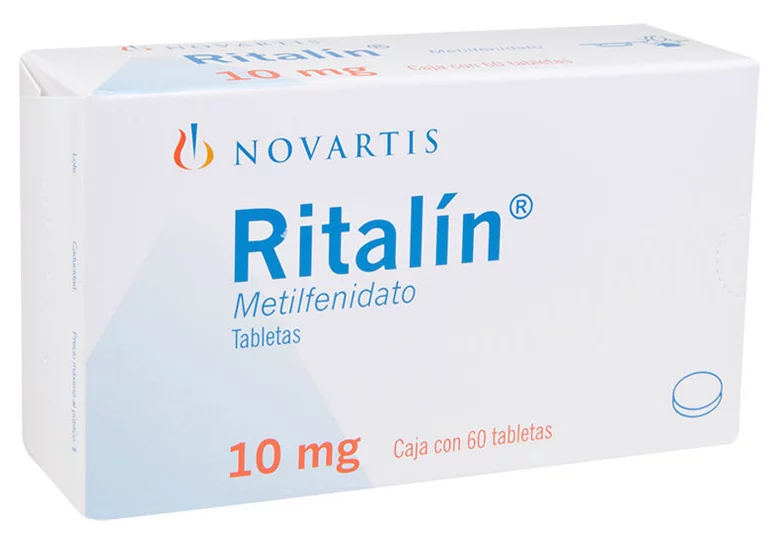
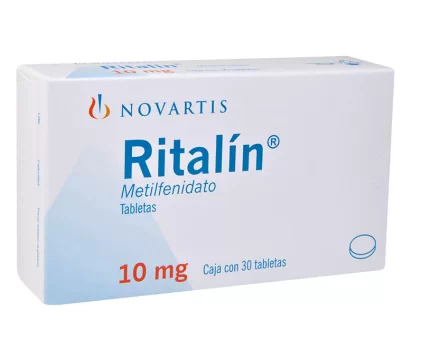
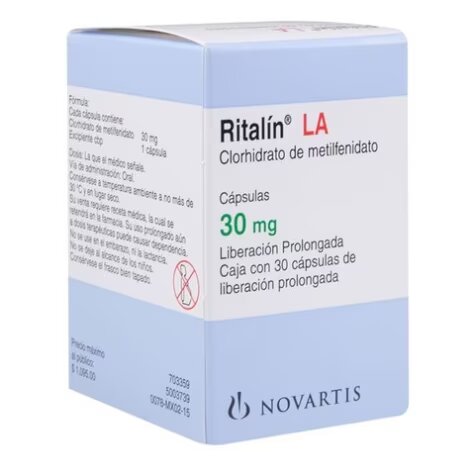
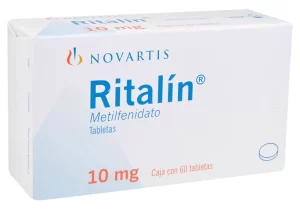
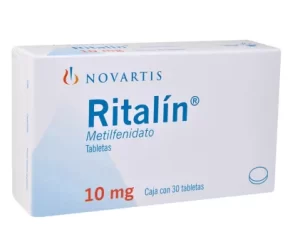
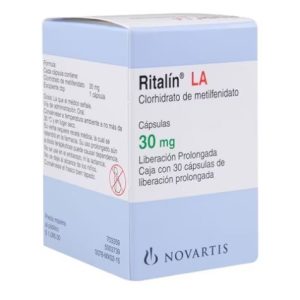
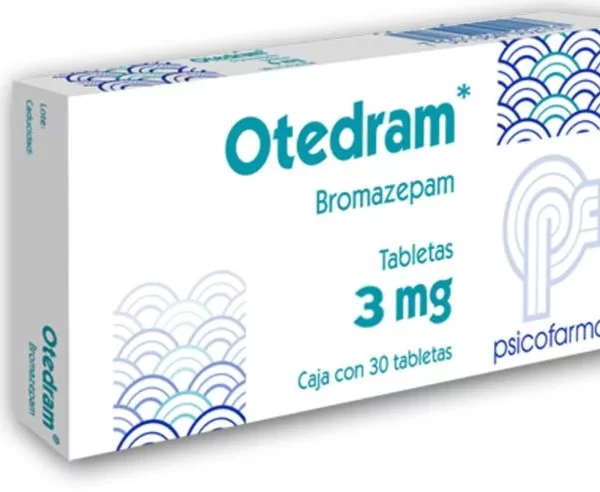
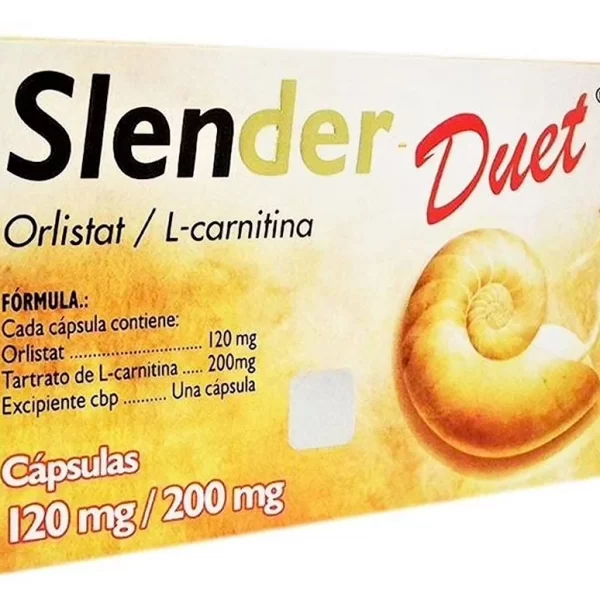
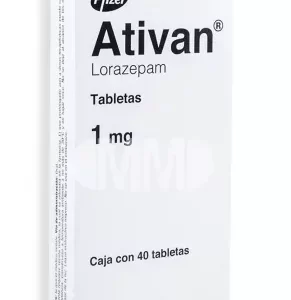
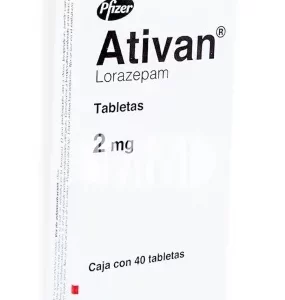
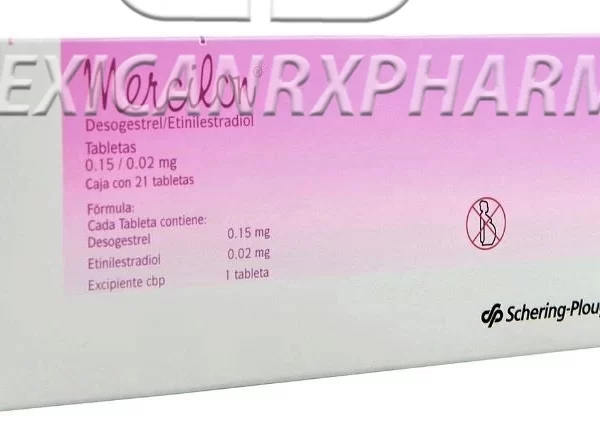
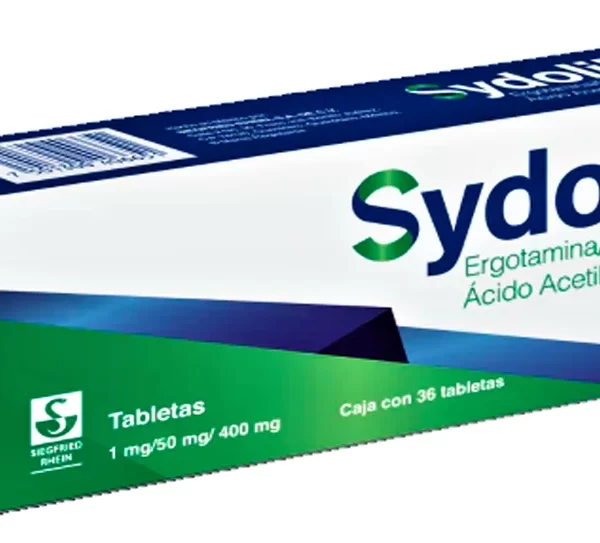
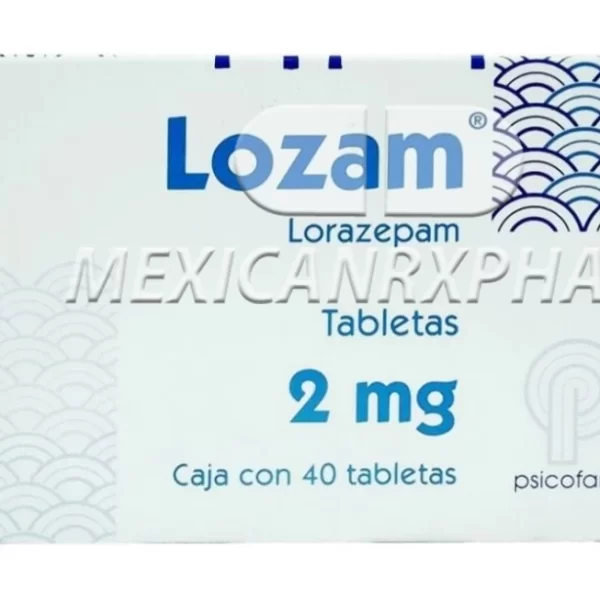
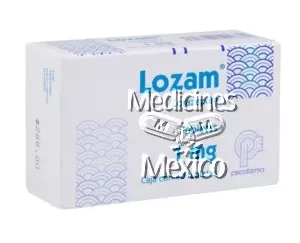
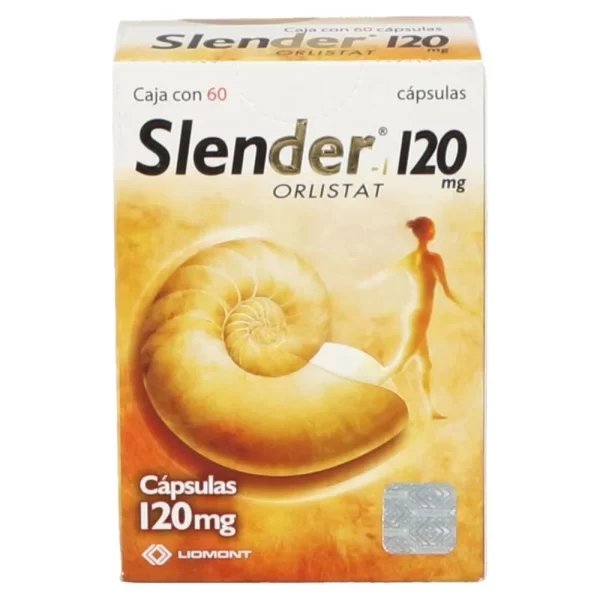
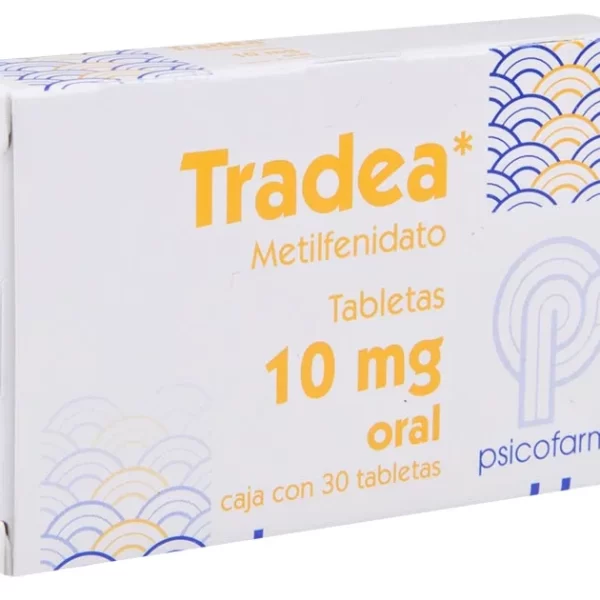
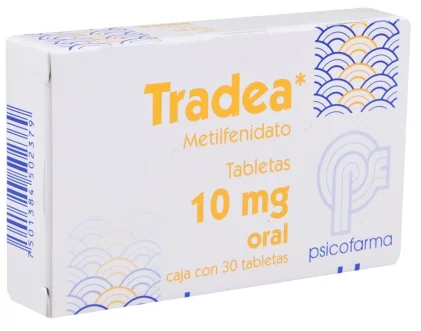
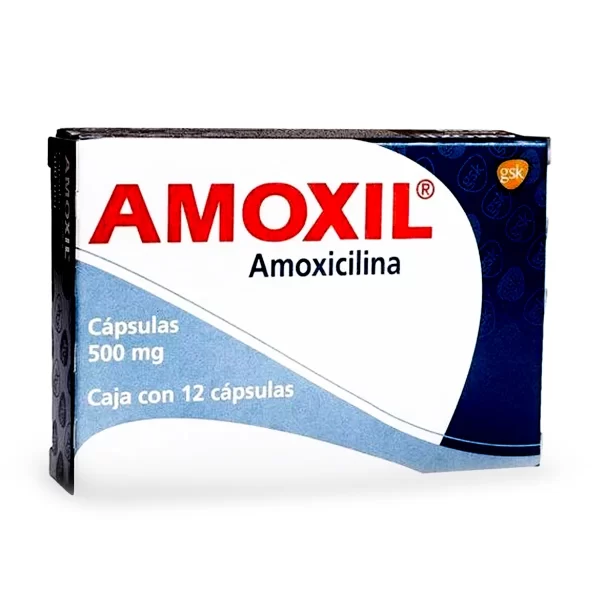
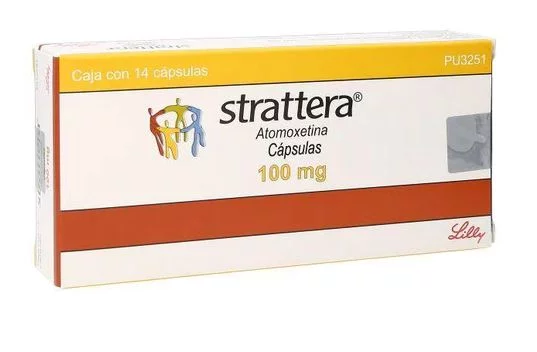
Reviews
There are no reviews yet.